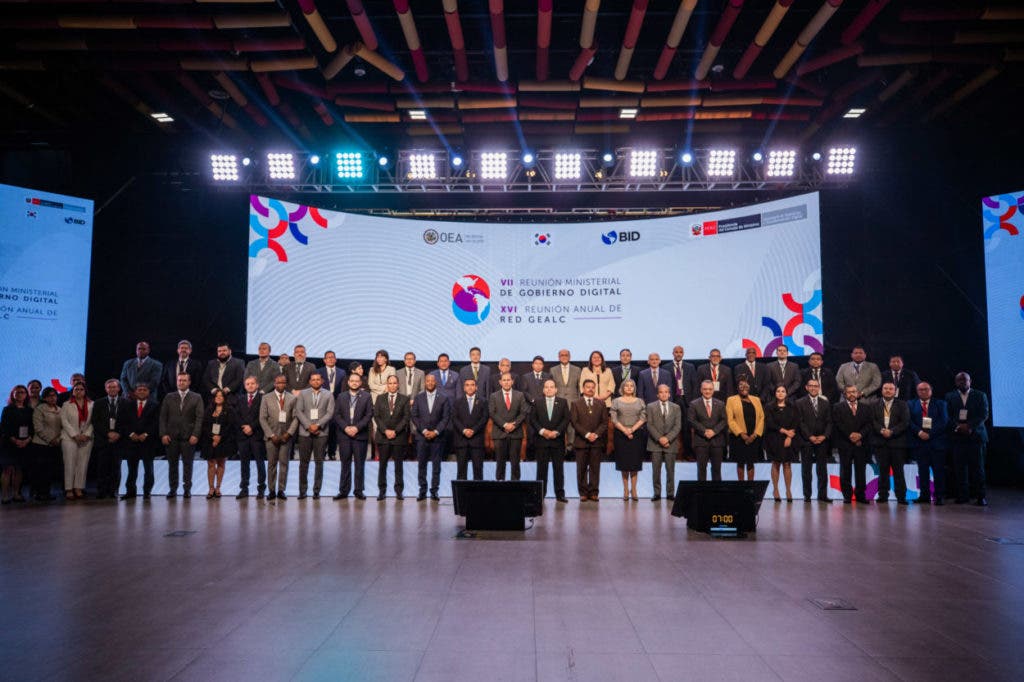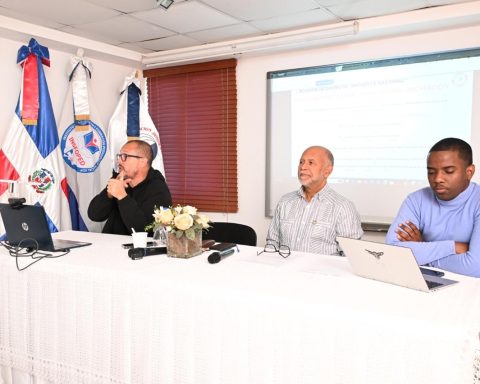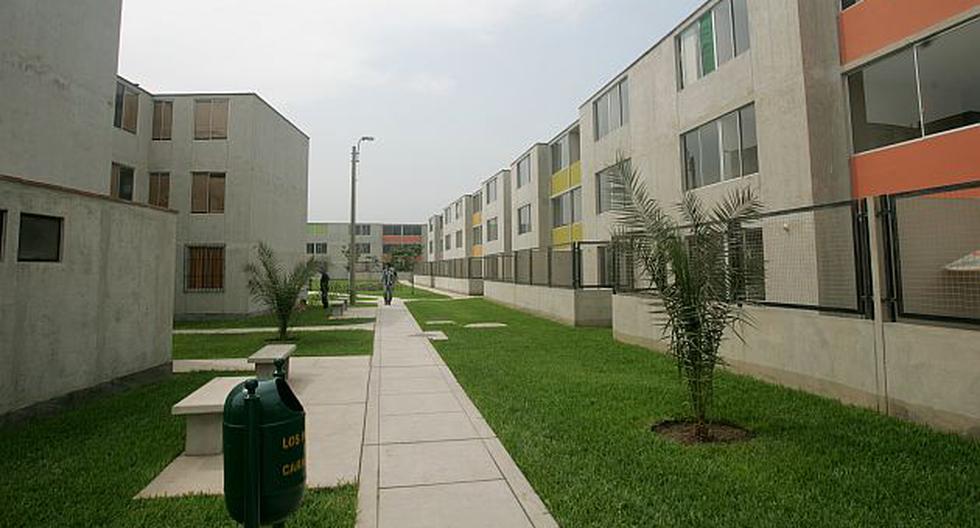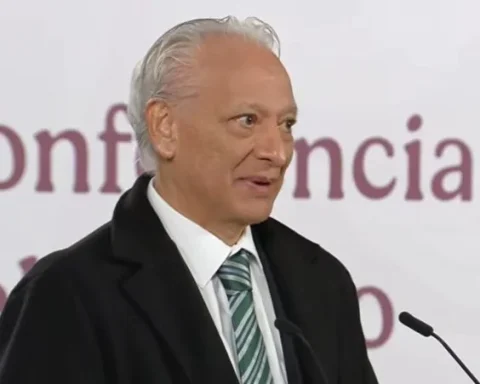Santo Domingo.- The Dominican Republic was elected as a member of the executive committee of the Electronic Government Network of Latin America and the Caribbean (GEALC Network) for a period of two years, within the list of more than 30 member countries that make up the Organization of American States (OAS).
The announcement was made within the framework of the celebration of the VII Annual Assembly of Electronic Government of the Americas and the XVI Annual Meeting of the GEALC Network, which is the highest decision-making body of the structure and is made up of the main authority of the entity that represents each country, before the Red Gealc.
According to a statement from the Government Office of Information and Communication Technologies (OGTIC), “this election constitutes a transcendental event for the management of the digital government of the Dominican Republic, since it will allow promoting horizontal cooperation, support for the preparation of participatory public policies in this field, the training of public officials, knowledge of key aspects of the construction of a national digital government strategy, and the exchange of solutions and experts among the countries of the region”.
The execution of this role from the Dominican government will be in charge of the OGTIC and its general director, Pedro Quezada, a government agency that will have the responsibility of interacting with the authorities of the region in terms of digital transformation and implementation of ICTs, to continue promoting the digitization of the State and taking advantage of the scenario to share the achievements and actions promoted by the country, with the aim of building a modern, digital, open and transparent nation, at the service of citizens.
About the GEALC Network
The general objective of the GEALC Network is to support digital government policies with the citizen, and in particular the most vulnerable populations, at the center. The GEALC Network, through its ministerial meetings, reaffirms the commitment to chart the course of the use of information and communication technologies in public policies at the regional level.
Advances in digital government of the country
During the participation of the OGTIC, on behalf of the Dominican delegation present at this regional meeting, the general director of the entity, affirmed that the country has achieved and consolidated with the support and hard work of the OGTIC team, significant improvements, in for the sake of the five strategic axes focused on the impact on citizens.
He indicated that the Regulatory and Digital Measurement Framework has been strengthened, improving Certifications under the standards and positive experiences defined in the Information and Communication Technology Standards (NORTIC).
Also, that Accessible Digital Public Services and Efficient Citizen Attention have expanded with the following with the opening of a new Punto GOB Face-to-Face Services Center and the enabling of the automatic IVR voice system in the Government Contact Center *462, platform that allows citizens to consult public services by voice, without the need to be assisted by a representative.
Likewise, that the OGTIC designed and provided support and accompaniment in the authorization of the first calls for national and international scholarships through the Unique Scholarship Portal “BECA TU FUTURO”.
He explained that with the implementation of the Zero Bureaucracy Program, they contribute to making the Government more efficient, which promotes efficiency in public administration, and allowing the simplification of procedures and public services, as well as the improvement in the quality of regulations, reducing time and costs for citizens and companies.
He said that they launched the single portal for the services of the Dominican State (www.gob.do). Platform that agglomerates all available State services, digitally, to facilitate access and delivery to citizens.
He detailed other achievements, including the creation of the Dominican Design System, the launch of the Digital Innovation Laboratory (LID) and the development of the Programmers Portal (State APIs), among others.
















